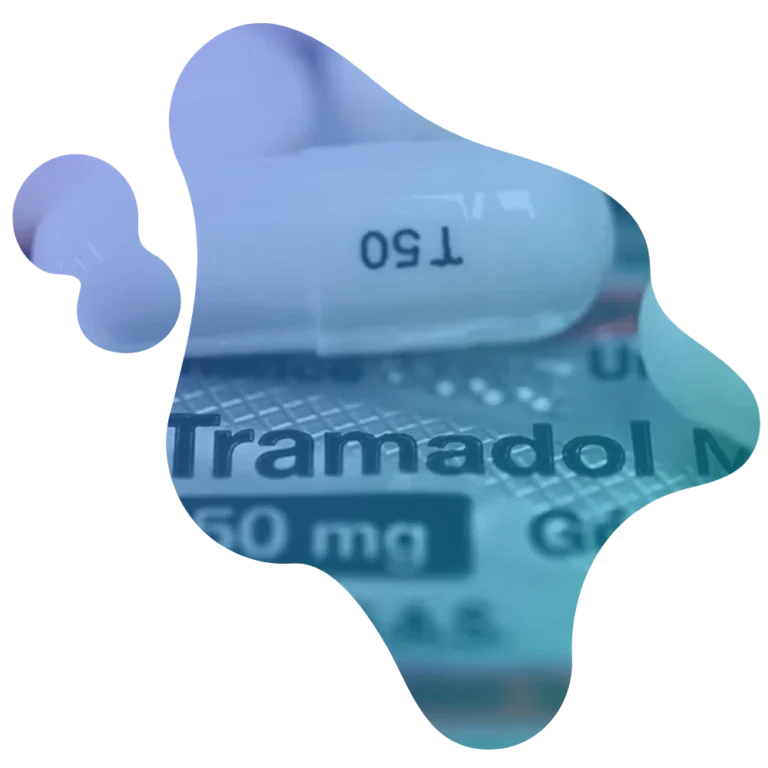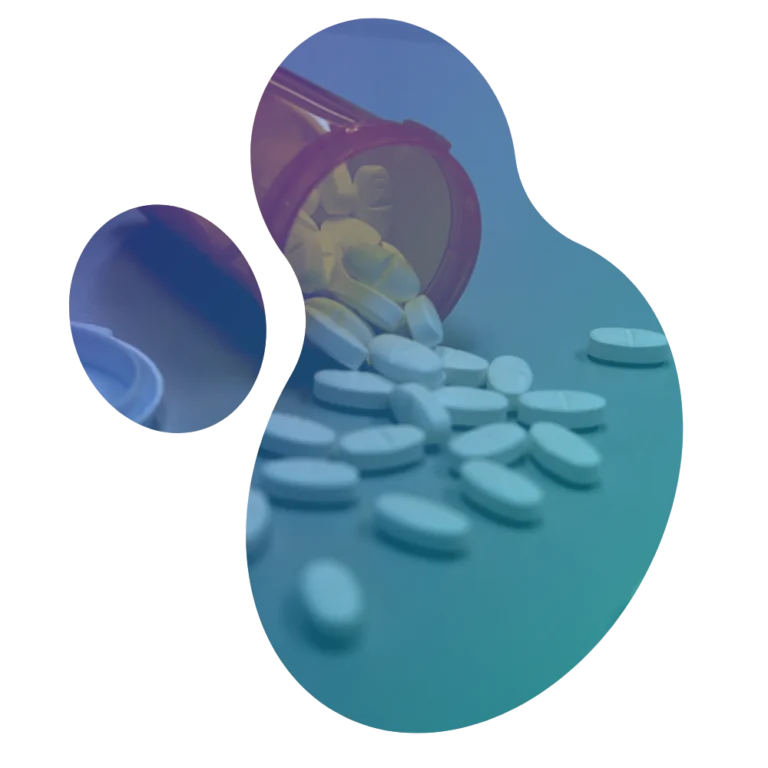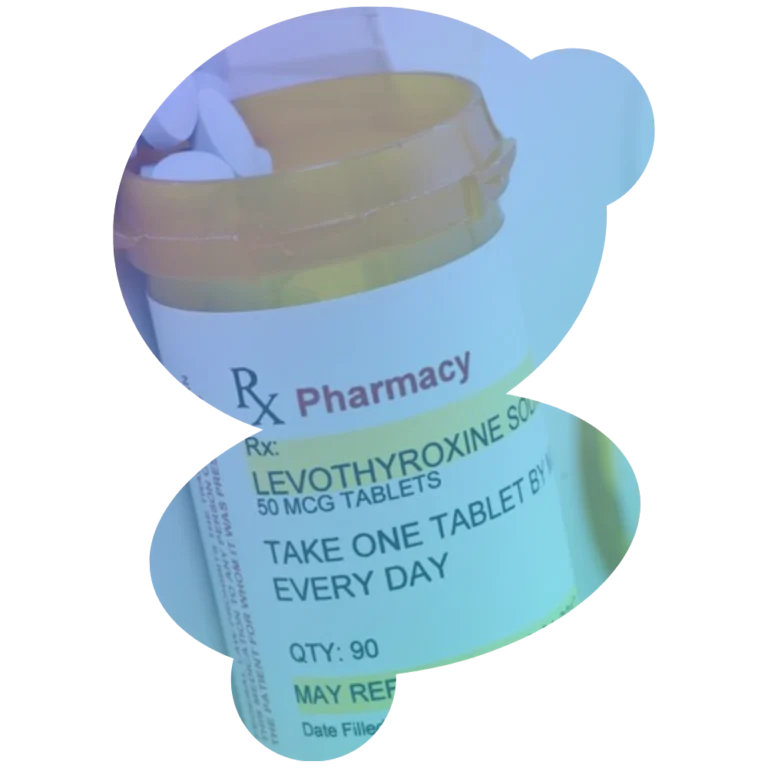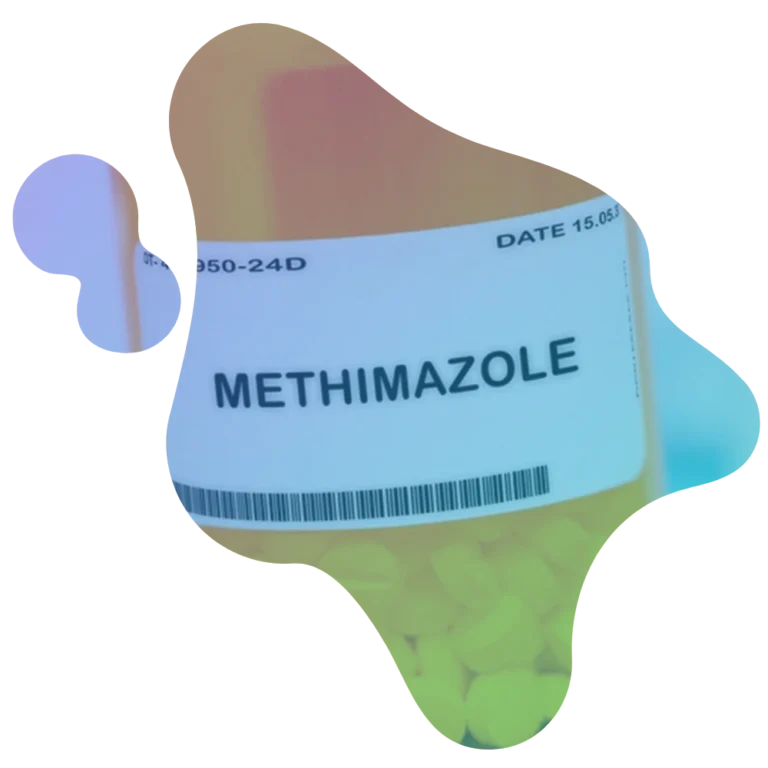TL;DR - Executive Summary
This month, Germany is weighing a draft law that would tighten access to medical cannabis – potentially pushing patients back to the illicit market.
When we, at Lumino, heard this, we were curious to know how other prescription drugs were treated in Germany. We were surprised to learn that while medical cannabis is under scrutiny, some potentially harmful substances remain widely accessible.
Overall, this mismatch risks worsening public health outcomes and undermining rational, evidence-based drug policy.
Table of Contents
BMG Draft Law for Cannabis & Why it matters
Proposed by the German Federal Ministry of Health (BMG) in July with the intent to be enacted in August 2025, this draft law would amend the Medical Cannabis Act (MedCanG) by mainly adding (among other revisions):
- Mandatory in-person physician visits for initial prescriptions
- Banning the mail-order (“Versandhandel”) of cannabis medicines.
Legal analysts and industry groups warn that these changes would raise barriers for legitimate patients – especially those living in remote rural areas with limited access to pharmacies providing their specific medical cannabis prescription – and, as such, push many patients back toward sourcing cannabis from the illicit market.
Overall, this direction evidently contradicts the government’s stated goals of curbing the black market and improving patient safety.
When we, at Lumino, heard about the BMG’s proposed plans, we were curious to know how other prescription drugs were treated – below is what we found.
Meanwhile, what remains accessible, yet is equally, if not more, harmful than medical cannabis?
When the BMG announced its intentions to restrict access to medical cannabis, many pointed out an unfair regulatory discrimination of cannabis-based treatment as a range of other psychoactive substances with well-documented harms are easily accessible by online prescription & home delivery, such as:
Tramadol (opioid analgesic)

💊 Can be prescribed digitally (Telemedicine / E-Rezept); Permitted for mail-order delivery
Tramadol is a strong painkiller, prescribed for relieving moderate to severe pain. It is one of the most prescribed analgesics in Germany.
Although considered safe compared to other opioid analgesics, long-term use of Tramadol can lead to mental or physical dependence. It can also be dangerous when consumed together with other medication.
Tramadol is not listed under the Betäubungsmittel (BtM), so it is handled as a normal prescription drug. However, some services avoid prescribing it.
According to the EUDA, Tramadol was involved in about about 6 % (177) of reported overdose deaths in 12 European countries in 2022 & 5 % (173) of reported overdose deaths in 13 European countries in 2023.
Zolpidem & Zopiclone (sleeping pills)

💊 Can be prescribed digitally (Telemedicine / E-Rezept); Permitted for mail-order delivery
Zolpidem & Zopiclone are sleeping pills commonly prescribed for short-term treatment of insomnia.
Generally considered safer and more effective than benzodiazepines, these so-called “Z-drugs” have been increasingly prescribed in Germany.
Some serious side effects that can be experienced in some people are memory loss, hallucinations, delusions and disorientation leading to falls (especially in the elderly). An overdose of these sleeping pills can lead to death – especially when mixed with other medication.
Though no concrete findings have surfaced from Germany, a study in Sweden found around 8% (573) of deaths were caused solely or indirectly by Zopiclone from 2012 to 2020.
Gabapentinoids (treat neuropathic pain)

💊 Can be prescribed digitally (Telemedicine / E-Rezept); Permitted for mail-order delivery
Psychoactive medications in this category, such as pregabalin/gabapentin, are widely prescribed for neuropathic pain and in treating postsurgical pain.
In Germany, these drugs are frequently used in elderly nursing homes alongside opioids & psychotropic drugs to alleviate pain and assist in treating dementia. However, there has been an increase in off-label prescribing for anxiety & depression and the risk of poisonings increase substantially when used intravenously or when combined with opioids or alcohol.
They have also been found to be addictive.
In England and Wales, there were 1,625 pregabalin-related deaths between 2017 and 2022. As such, pregabalin & gabapentin have been classified on the same level as anabolic steroids and benzodiazepines in the UK since 2019.
In Germany, pregabalin prescriptions have tripled from 37 million defined daily doses (DDD) in 2008 to 117 million DDD in 2019. As such, professional bodies such as the have flagged abuse risk and suggested BtM (narcotics) scheduling discussions.
Levothyroxine (treat hypothyroidism)

💊 Can be prescribed digitally (Telemedicine / E-Rezept); Permitted for mail-order delivery
Levothyroxine is used to treat hypothyroidism – or when the thyroid gland doesn’t make or release enough thyroid hormone into the bloodstream.
Though a study found that overdoses are rare, it could lead to ‘thyroid storm’, a life threatening condition associated with delayed symptoms such as palpitations, elevated blood pressure and high fever. The mortality rate associated with thyroid storm are 8-25%.
Furthermore, long-term use increases the risk of atrial fibrillation and bone loss/fractures in older adults.
Thiamazole / methimazole (treat hyperthyroidism)

💊 Can be prescribed digitally (Telemedicine / E-Rezept); Permitted for mail-order delivery
Thiamazole, also known as methimazole, is prescribed in treatments of hyperthyroidism (i.e., where too much thryoid hormone is produced) and Graves’ disease.
About 1 in 10 users report symptoms such as mild allergic skin reactions such as redness, itching and hives.
While considered safe, thiamazole use is linked with rare, adverse effects such as agranulocytosis (potentially fatal), liver failure, pancreatitits, birth defects, hypoglycemia and rare autoimmune syndromes.
There has already been one reported death due to agranulocytosis which was caused by thiamazole use.
By contrast, cannabis has no established lethal overdose threshold and, while not risk-free, there have not been any reported cannabis-related deaths.
A balanced, not biased approach
Germany’s draft to tighten medical cannabis access solves the wrong problem.
Cannabis isn’t risk-free. But relative to sedative-hypnotics, stimulants, and poly-drug misuse, its overdose mortality footprint is negligible; many patients report benefit for chronic pain, spasticity, and palliative symptoms when other therapies fail or cause side-effects.
If the goal is public health, Germany should not make legitimate cannabis access harder. The likely outcomes, as discussed in one of our earlier articles would be a return back to illicit sourcing, delayed treatment, and inequity for rural/immobile patients. Restricting access indiscriminately punishes legitimate use while leaving higher-harm channels comparatively unscathed.





